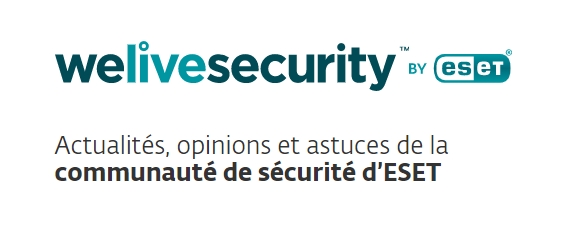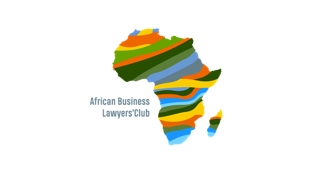USAID Administrator Samantha Power, said that the situation in Sudan is becoming more difficult after the closure of the Adre crossing, and that Sudan is facing the specter of the largest famine on the planet due to the closure of the crossings to humanitarian aid. This came during a media meeting with the United Nations Ambassador, Linda.
Thomas Greenfield,” she also said, ” largest humanitarian crisis on the planet. And the hunger data that we are looking at right now suggest we are facing a crisis that is comparable to killed and potentially worse than the famine that a quarter of a million Somalis in 2011. She added that the most worrying scenario is that Sudan will become the most dangerous famine since Ethiopia in the early 1980s.
Power pointed” With nearly 12 million people displaced in Sudan and to neighboring countries, they are searching for a safe place although the humanitarians are helping them to find shelter.”
People are searching for urgent medical care. Due to more than 80 percent of hospitals in conflict zones are non-functional. It is humanitarians again, who are getting medicines to help transport patients to the few remaining operational health centers or performing medical treatments on the spot.
Administrator Samantha Power announced that USAID and the Department of State, will provide more than $315 million in additional humanitarian assistance to support the people of Sudan in response to the historic humanitarian crisis.
She also called on all partners around the world to stand by the Sudanese people.
On other hand Ambassador Linda Thomas-Greenfield said” Ethnically-motivated massacres in West Darfur at the end of last year – coupled with a dire food security situation, the starvation exacerbated by the SAF closure of the critical Adre border crossing – having forced thousands and thousands more to flee their homes. “
Greenfield added” There are approximately 25 million Sudanese living in dire need of humanitarian assistance and protection. That is, about 15 percent of the population in Darfur and Kordofan – the most affected areas – could die by the end of September. 2024.
Greenfield clarified further” This is the largest humanitarian crisis on the face of the planet. And yet, somehow, it threatens to get worse. As the rainy season approaches, the Tine border crossing offered by the SAF – already insufficient to meet needs and already suffering from obstruction – will soon become impassable. And over the last month, El Fasher – once one of the last safe havens for civilians has been bombarded by airstrikes and indiscriminate shelling.
She mentioned that “the United Nations Security Council came together to adopt a resolution demanding an end to the siege and offensive in El Fasher. The resolution calls for the immediate localized ceasefire in and around the city, demands that civilians are protected, and it calls on the Secretary General to recommend what measures should be taken in order to protect the population. It also demands that humanitarian aid is allowed to flow freely into Darfur and across Sudan in accordance with international law, and that includes reopening the Adre border crossing to allow critical food and medicine to make it into Sudan.






